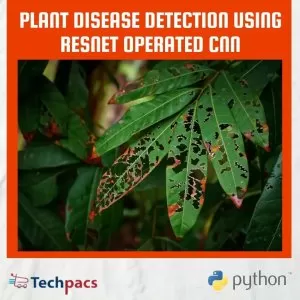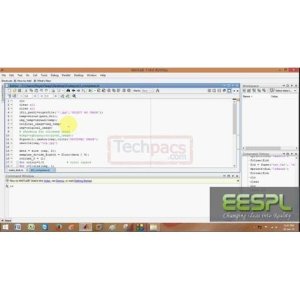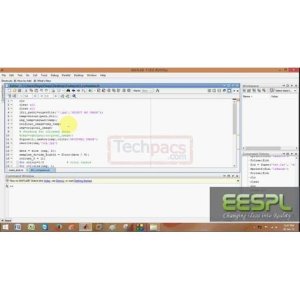Efficient Network Coding for Interactive VOD Streaming
Problem Definition
Problem Description:
In traditional peer-to-peer systems, on-demand video streaming faces challenges due to the dynamic nature of peers and the asynchronous behavior of users. Random access operations are crucial for on-demand video streaming, which are not efficiently achieved in peer-to-peer systems. This leads to high startup and jump searching delays, requiring significant server resources.
To address this issue, a Network Coding Equivalent Content Distribution (NCECD) scheme can be utilized for efficient peer-to-peer interactive VOD streaming. By dividing the video into segments and further into blocks, encoding and distributing them to peers for local storage, NCECD leverages network coding properties to cache equivalent content in peers.
This allows for easier access to content without the need for additional searches, resulting in a more seamless on-demand video streaming experience with low startup delays and reduced server resource requirements.
Therefore, the development of a technique using NCECD for on-demand video streaming in peer-to-peer systems can significantly improve the user experience and optimize resource utilization.
Proposed Work
The proposed work aims to address the challenges faced by peer-to-peer systems in achieving on-demand video streaming through the implementation of a network coding equivalent content distribution scheme. The dynamic nature of peers and asynchronous interactive behavior of users often make it difficult to efficiently distribute video content in peer-to-peer networks. By dividing the video into segments and further into blocks, which are independently encoded and distributed to peers for local storage, the proposed network coding equivalent content distribution (NCECD) technique leverages the properties of network coding to cache equivalent content in peers. This allows for seamless access to the video content without the need for extensive searches, leading to lower startups and jump searching delays and reduced server resource requirements. The work falls under the JAVA Based Projects category, specifically focusing on Parallel and Distributed Systems.
Software tools will be utilized to develop and test the proposed technique for optimizing peer-to-peer interactive video-on-demand streaming.
Application Area for Industry
The project utilizing Network Coding Equivalent Content Distribution (NCECD) scheme for on-demand video streaming in peer-to-peer systems has the potential to be implemented across various industrial sectors, particularly in the entertainment and media industry. Industries such as online video streaming platforms, digital content providers, and multimedia production companies can benefit from the proposed solutions to address the challenges of high startup delays, jump searching delays, and resource inefficiencies in distributing video content. By implementing NCECD, these sectors can offer a more seamless and efficient on-demand video streaming experience to users, leading to improved user satisfaction and retention.
Furthermore, the proposed technique can also be applied in sectors such as telecommunications and network infrastructure, where peer-to-peer systems are utilized for content delivery. By optimizing resource utilization and reducing server requirements, the NCECD scheme can help in streamlining data distribution processes and improving network efficiency.
Overall, the project's solutions can result in cost savings, enhanced user experience, and increased operational efficiency for industries relying on peer-to-peer systems for video content delivery.
Application Area for Academics
The proposed project on Network Coding Equivalent Content Distribution (NCECD) scheme for on-demand video streaming in peer-to-peer systems holds great potential for MTech and PhD students conducting research in the field of Parallel and Distributed Systems. The innovative approach of dividing videos into segments and utilizing network coding properties to cache equivalent content in peers can significantly improve the on-demand video streaming experience. This project offers a unique opportunity for researchers to explore new methods for optimizing resource utilization and reducing startup delays in peer-to-peer networks. MTech students and PhD scholars can use the code and literature from this project to develop simulations, analyze data, and conduct experiments for their dissertations, theses, or research papers. By focusing on JAVA Based Projects specifically in the subcategory of Parallel and Distributed Systems, researchers can delve into the intricacies of network coding and its application in improving video streaming efficiency.
The future scope of this project includes exploring advancements in network coding techniques and expanding its applications to other domains within the field of computer science research.
Keywords
peer-to-peer systems, on-demand video streaming, dynamic nature of peers, asynchronous behavior, random access operations, startup delays, jump searching delays, server resources, Network Coding Equivalent Content Distribution (NCECD), interactive VOD streaming, video segments, encoding, distributing, network coding properties, cache content, user experience, resource utilization, JAVA Based Projects, Parallel and Distributed Systems, Software tools, optimization, video-on-demand streaming
| Shipping Cost |
|
No reviews found!


















































No comments found for this product. Be the first to comment!